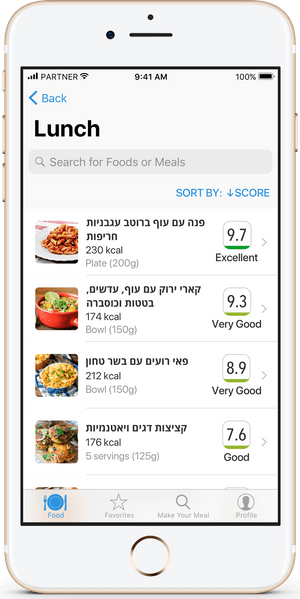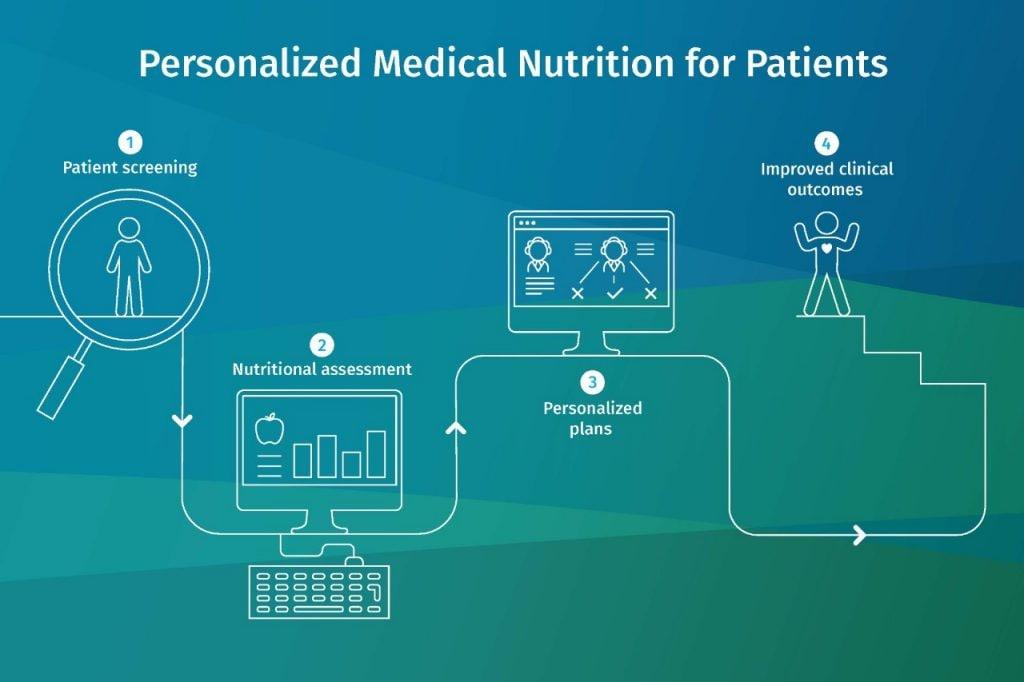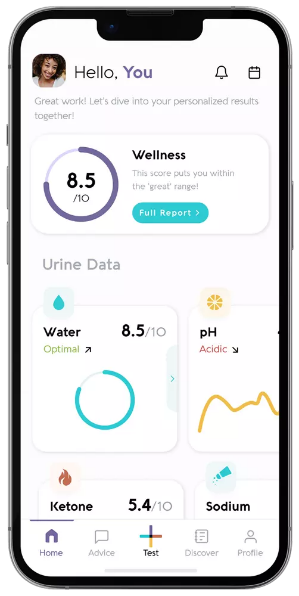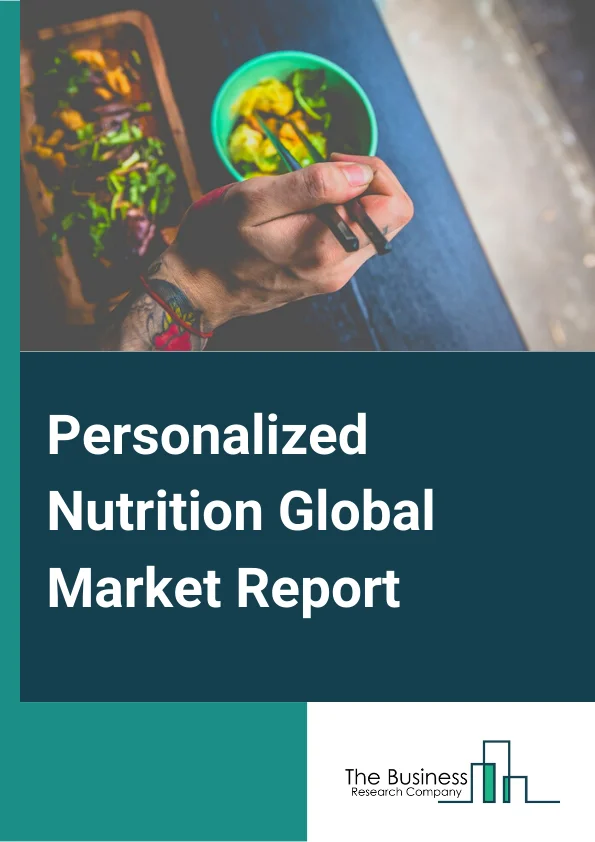Evaluate The Personalized Nutrition And Health Company Daytwo

In a world increasingly focused on individualized wellness, personalized nutrition companies are surging in popularity. Among them, DayTwo stands out, promising to optimize health through gut microbiome analysis and tailored dietary recommendations. But does it deliver on its promises? A closer examination of the science, the company's methodology, and user experiences is crucial to determining its true value.
This article delves into DayTwo, evaluating its approach to personalized nutrition. We will analyze the scientific basis of its gut microbiome-driven recommendations, assess its methodology, and explore the perspectives of both experts and users. Ultimately, we aim to provide a balanced view of DayTwo's potential benefits and limitations, helping readers make informed decisions about their own health journey.
Understanding DayTwo's Approach
DayTwo operates on the premise that individual responses to food vary significantly, even when considering factors like age, weight, and genetics. This variability, they argue, is largely driven by the unique composition of each person's gut microbiome. By analyzing a stool sample, DayTwo identifies the specific bacteria present in an individual's gut.
Based on this analysis, the company provides a personalized food "scoring" system. This system assigns numerical values to different foods, predicting how an individual's blood sugar levels will respond after consuming them.
The goal is to guide users towards foods that elicit a favorable glycemic response, potentially improving blood sugar control, weight management, and overall metabolic health.
The Science Behind the Microbiome Connection
The link between the gut microbiome and human health is a rapidly evolving field. Numerous studies have demonstrated a correlation between gut microbial composition and various conditions, including obesity, type 2 diabetes, and inflammatory bowel disease.
Research has shown that the microbiome plays a critical role in metabolizing nutrients, regulating inflammation, and influencing immune function. However, translating this broad understanding into precise dietary recommendations for individuals is a complex challenge.
Several studies, some involving DayTwo, have indicated that personalized nutrition based on microbiome analysis can lead to improved glycemic control in individuals with prediabetes and type 2 diabetes. These studies often involve controlled clinical settings and specific patient populations.
Evaluating DayTwo's Methodology
DayTwo's methodology relies on a proprietary algorithm that predicts glycemic responses based on microbiome data. The accuracy and reliability of this algorithm are crucial to the effectiveness of the program.
Independent validation of DayTwo's algorithm is essential to ensure its generalizability and robustness. While the company has published research supporting its approach, further scrutiny from the broader scientific community is warranted.
The company also provides access to registered dietitians who can provide personalized support and guidance. This human element can be valuable in helping users understand and implement the dietary recommendations.
Potential Benefits and Limitations
One of the potential benefits of DayTwo is its ability to empower individuals to take control of their health through personalized dietary changes. The food scoring system can provide valuable insights into how different foods affect their blood sugar levels.
Furthermore, the personalized approach may be more engaging and motivating for some individuals compared to traditional dietary recommendations. The connection to their own unique microbiome can foster a sense of ownership and commitment.
However, there are also limitations to consider. The cost of the DayTwo program can be a barrier for many individuals. Additionally, the reliance on a single data point (the microbiome) may oversimplify the complex interplay of factors that influence health.
It's important to remember that the gut microbiome is just one piece of the puzzle," explains Dr. Emily Carter, a registered dietitian and researcher specializing in personalized nutrition. "Genetics, lifestyle, and environmental factors also play significant roles."
User Experiences and Perspectives
User reviews of DayTwo are mixed, with some individuals reporting significant improvements in blood sugar control and overall well-being. Others express frustration with the cost, the restrictive nature of the diet, or the perceived lack of accuracy in the food scores.
Some users find the food scoring system to be helpful in making informed food choices, while others find it to be confusing or impractical. The availability and quality of the dietitian support also varies, according to user feedback.
It is important to note that individual results may vary depending on factors such as adherence to the program, the severity of their condition, and their individual metabolic response to the dietary changes.
The Role of Dietitians
The role of registered dietitians in the DayTwo program is crucial. They can help users interpret their microbiome analysis, understand the food scoring system, and develop a personalized dietary plan that meets their individual needs and preferences.
A qualified dietitian can also address any concerns or challenges that users may encounter, and provide ongoing support and encouragement. However, the quality and availability of dietitian support can vary within the DayTwo program.
Choosing a personalized nutrition program, like DayTwo, should be approached with careful consideration. Consulting with a personal physician is always advisable before making significant dietary changes.
Looking Ahead: The Future of Personalized Nutrition
The field of personalized nutrition is rapidly evolving, with ongoing research exploring the complex interactions between the gut microbiome, genetics, and lifestyle. As technology advances, we can expect to see even more sophisticated tools and approaches for tailoring dietary recommendations to individuals.
However, it is important to approach these advancements with a critical eye, ensuring that they are based on solid scientific evidence and are accessible to all. Further research is needed to refine our understanding of the gut microbiome and its impact on health.
DayTwo, like other personalized nutrition companies, has the potential to contribute to this growing field. However, continued research, transparency, and a focus on individual needs are essential to ensure that personalized nutrition fulfills its promise of improving health and well-being.



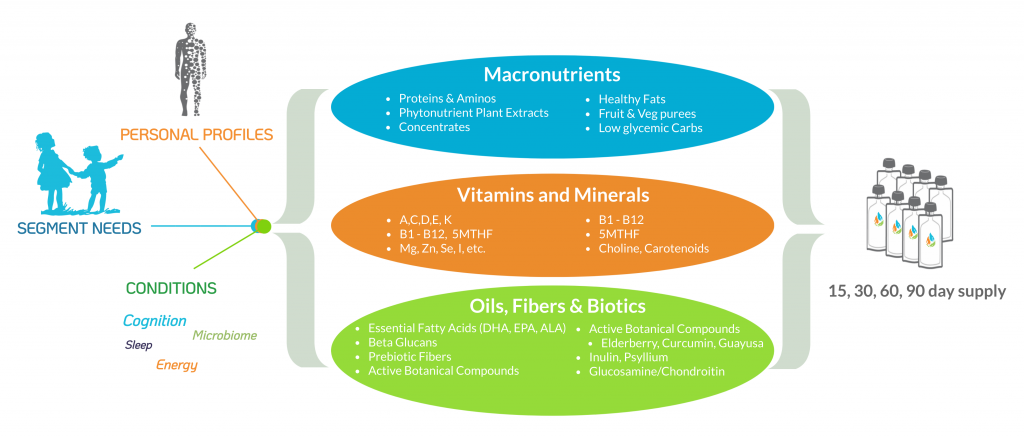
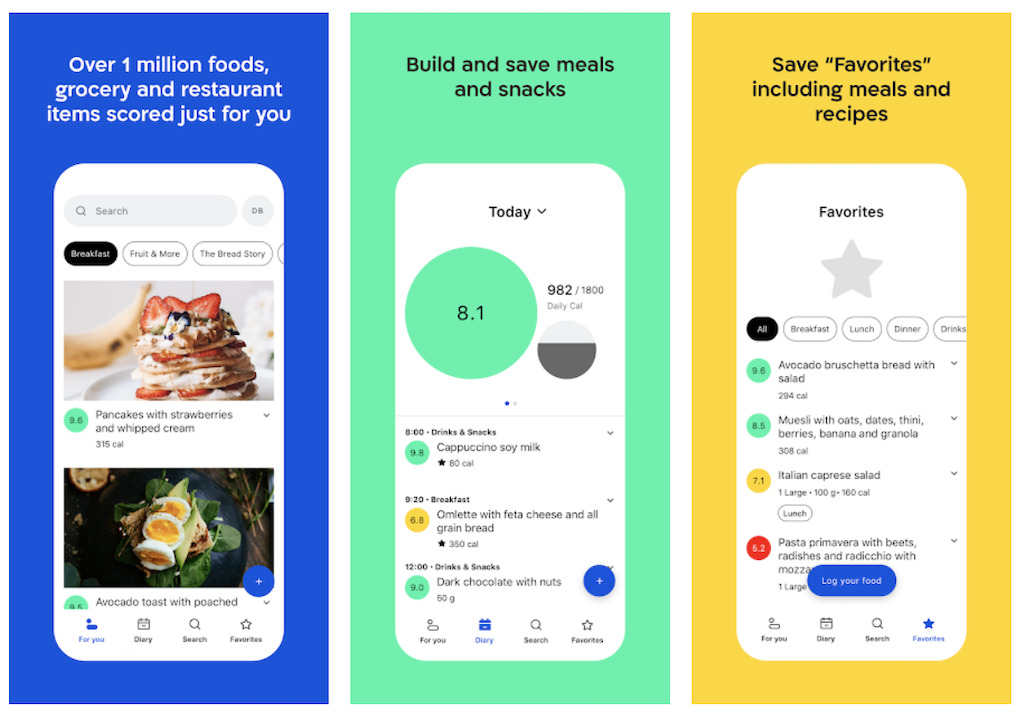


![Evaluate The Personalized Nutrition And Health Company Daytwo DayTwo review - 7 facts you should know [OCTOBER 2022]](https://nebula.org/blog/wp-content/uploads/2022/10/DayTwo-homepage-1024x398.png)


